Africa
-
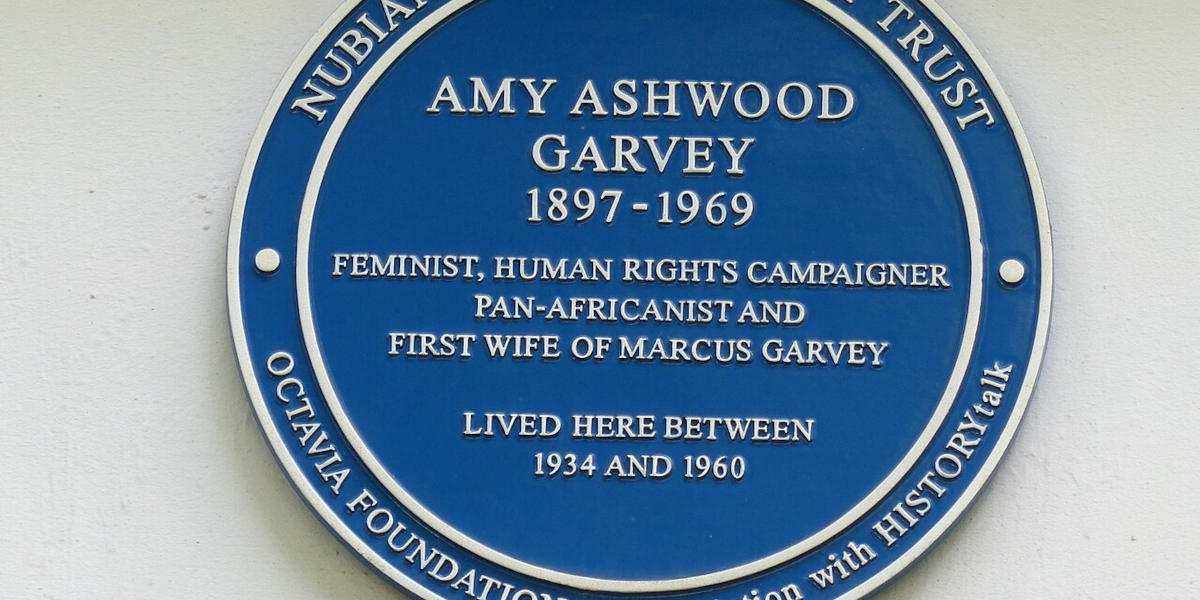
Amy Ashwood Garvey and the Future of Black Feminist Archives – review
In documenting the life and work of Amy Ashwood Garvey, Nydia A. Swaby offers a window into the inspiring and overlooked story of black womens’ history, writes Panya Banjoko
-
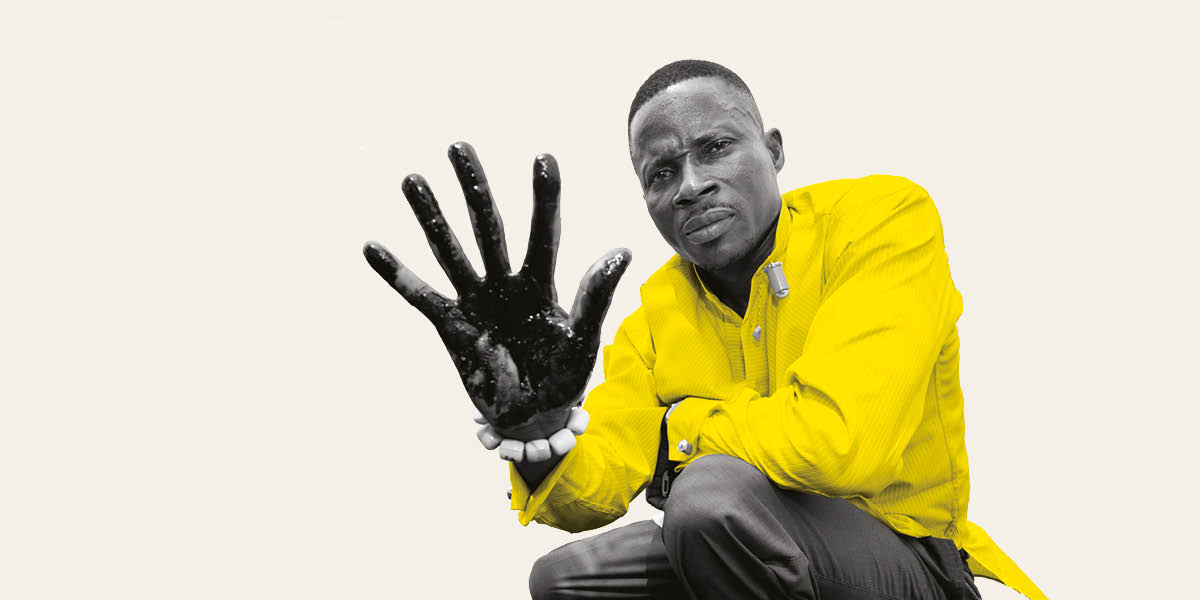
Crude injustice in the Niger Delta
Transnational oil companies’ ‘divestment’ from Nigeria leaves behind a trail of destruction. Obiora Ikoku reports on the communities demanding reparation
-
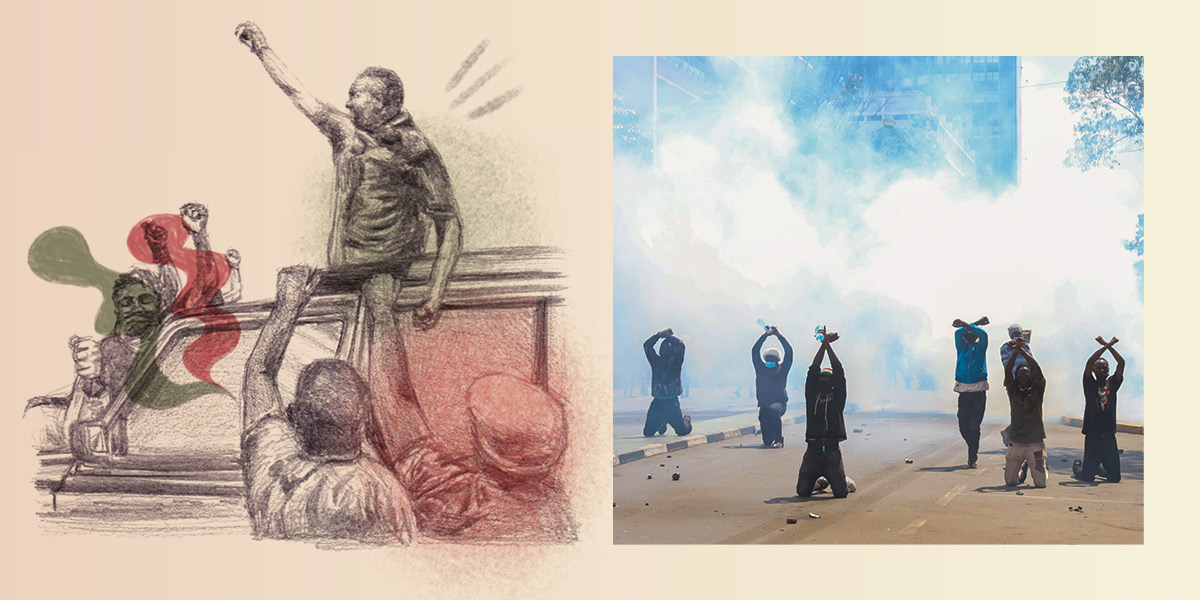
Kenya’s youth-led revolution
Rasna Warah reports on how young people in and beyond Kenya are using social media to challenge corrupt, old-school politicians
-
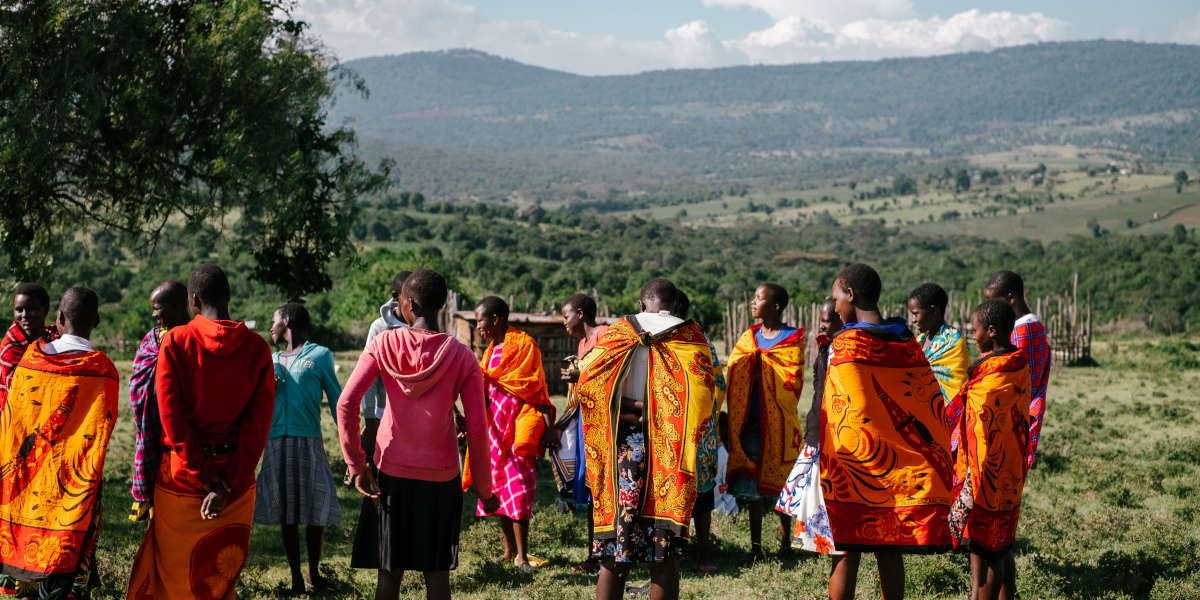
Battles for land and gender justice in Kenya’s Loita Hills
Stephanie Leah Simmons Wood speaks to the Loita Maasais fighting ‘demarcation’ and navigating threats to tradition, corporate interests and opportunities for women’s empowerment
-
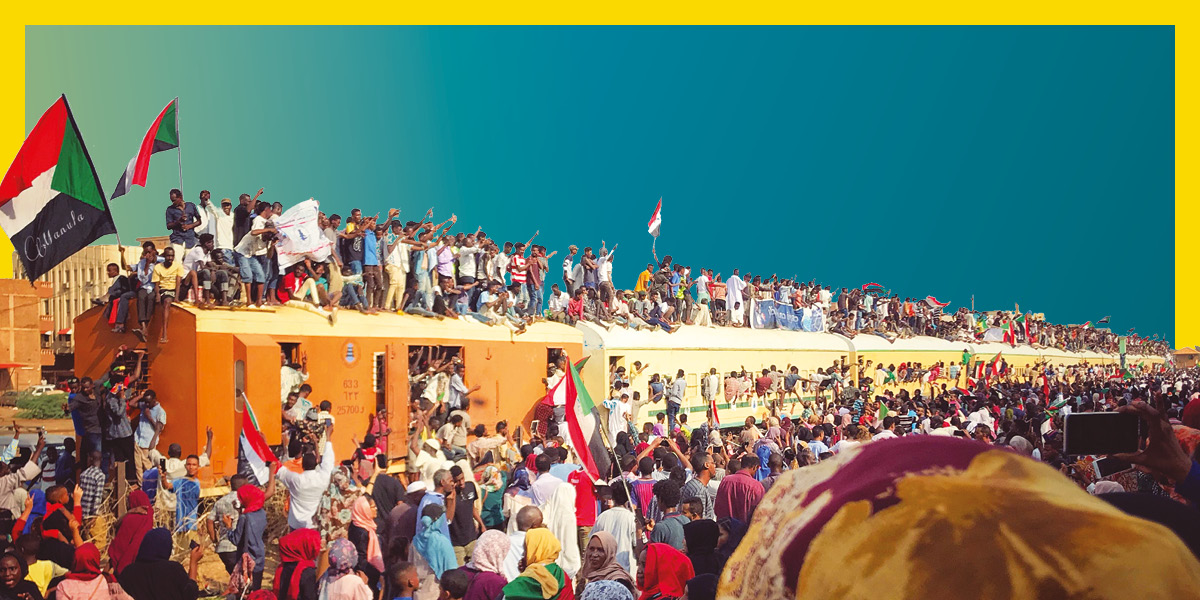
Sudan’s lost revolution
The hopes of the grassroots, citizens’ revolution have given way to the brutality and violence of rentier elites in Sudan, writes Raga Makawi
-
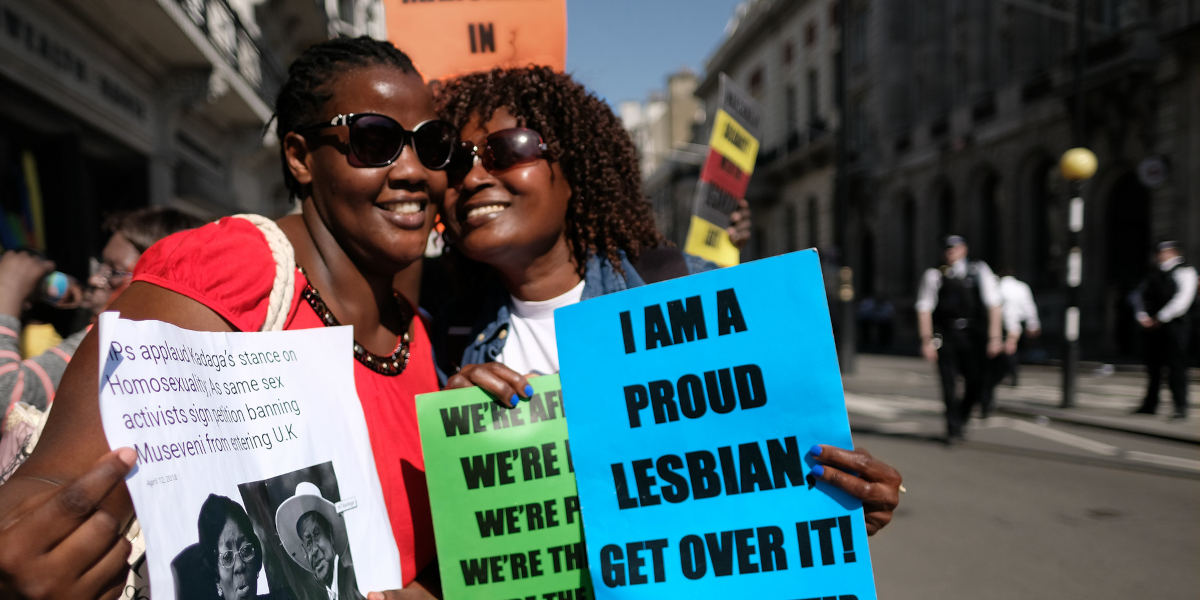
The global battle against Ghana’s anti-LGBTQ+ bill
As states across Africa threaten LGBTQ+ communities, Chiamaka Muoneke reports on the colonial roots of homophobic laws – and the digital activism fuelling resistance
-

Fighting Kenya’s femicide
Grassroots socialist and feminist organising in spaces like Kayole Social Justice Centre, Nairobi, are leading the fight against patriarchy, capitalism, and a colonial present, writes Maryanne Kasina








